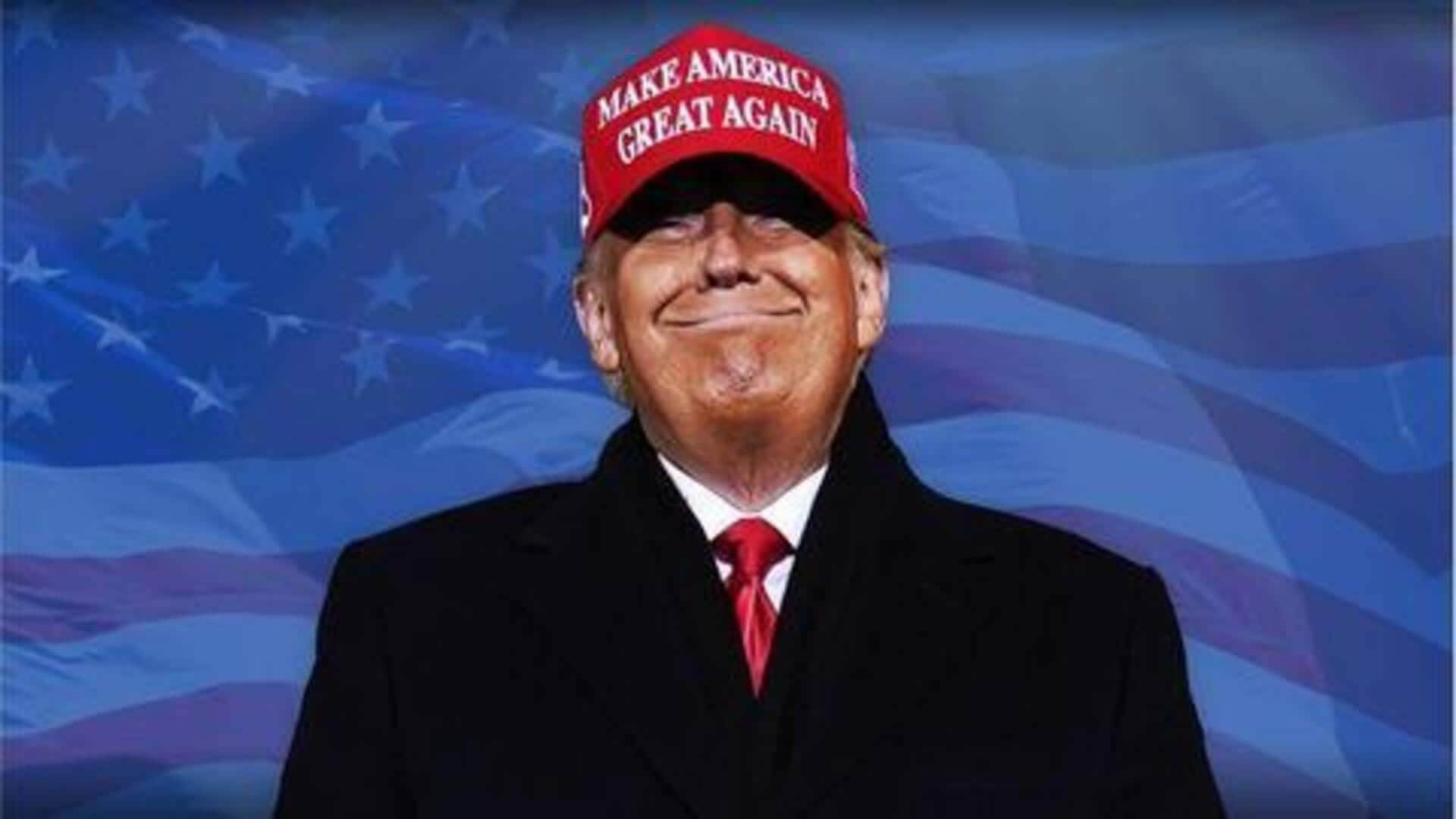
Trump's win may lead to overhaul of H-1B visa: Report
What's the story
Mukesh Aghi, the president and CEO of the US-India Strategic Partnership Forum (USISPF), has said a possible win for United States Republican presidential candidate Donald Trump could overhaul the H-1B visa program. However, he assured it wouldn't adversely affect Indian IT professionals. "Demand for these workers is very high and the current rules constrain the supply side," Aghi told Moneycontrol.
Advocacy
Aghi advocates for H-1B visa program reforms
The H-1B visa program enables US companies to hire foreign workers in specialized fields like STEM, IT, and medicine. Aghi admitted that loopholes in the existing system enable some organizations to take advantage of it. He pushed for reforms that prioritize STEM graduates as legal immigrants who become taxpayers from "day one."
Workforce impact
Indian workers' pivotal role in US companies
Aghi reassured that Indian workers are critical for US companies in fields such as biotech, AI, and cybersecurity. He said, "Indian workers play a very pivotal role in providing quality talent at the same time making US companies much more efficient and effective." This statement comes amid fears of possible effects on Indian IT professionals dependent on H-1B visas due to the contentious immigration debate in the ongoing US presidential election.
System critique
Criticism and anticipation of H-1B visa program changes
US entrepreneur Vivek Ramaswamy has slammed the current H-1B system as "broken" and questioned its lottery basis. He proposed starting from scratch to rebuild it. Aghi noted that Trump had previously blocked a robust legal immigration bill despite bipartisan support. However, he expects structural changes aligning visa processes with workforce needs under Trump's potential administration.
Policy influence
Disparities and geopolitical factors influencing US-India policy
Aghi also emphasized disparities in the existing system, like long waiting periods for Indian nationals seeking green cards versus applicants from countries like Singapore. He said, "Today, if an H-1B worker applies for a green card, the waiting time is in decades." Geopolitical factors also play a role in policy formulation between the US and India. The US sees China as a strategic competitor and is moving manufacturing to regions like India.
Economic relations
Strong economic ties between US and India
Economic ties between the US and India are robust, with trade amounting to nearly $200 billion and aspirations to expand further. The 5.5 million-strong Indian American community also plays a major role in the US economy, contributing 6% of GDP while accounting for 1.5% of the population. These factors guarantee resilient relations between the two nations, Aghi said.